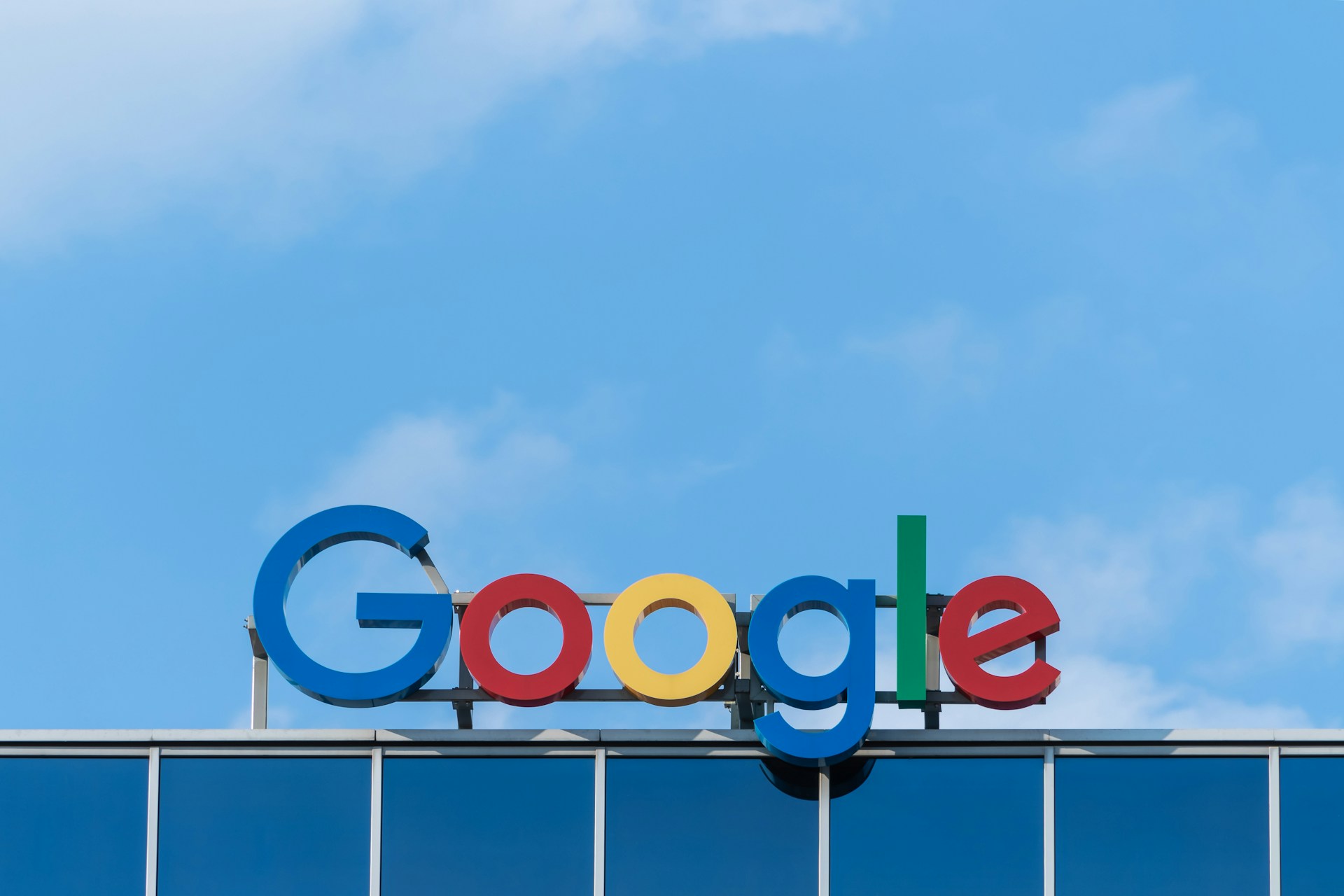
Alphabet (NYSE: GOOG) shares are up sharply in today’s price action and hit a record high after the company delivered a record-breaking performance in Q3 2025 that surpassed analyst expectations and was defined by its aggressive strategy in artificial intelligence (AI). The quarter, which ended September 30, 2025, marked a historic milestone for the company, as its consolidated revenue crossed the $100 billion mark for the first time.
Alphabet reported record revenues
Alphabet’s consolidated revenues for Q3 2025 grew 16% year-over-year to $102.3 billion (or 15% in constant currency). This impressive top-line growth fueled significant expansion on the bottom line, and the earnings per share rose 35% to $2.87, well ahead of the $2.27 that analysts were expecting.
CEO Sundar Pichai termed it as a “terrific quarter” and added that AI is “driving real business results across the company.”
Alphabet reported a strong increase in ad revenues
Here’s how Alphabet’s different business segments performed in the quarter.
- Google Search & Other advertising revenue grew a healthy 15% to $56.6 billion. Pichai highlighted that the global rollout of new AI-powered features in Search, such as AI Overviews and AI Mode, is driving incremental query growth, easing previous investor concerns about AI disrupting the core business.
- Google Subscriptions, Platforms, and Devices saw accelerating growth, with revenue jumping over 20%. The company announced it now has over 300 million paid subscriptions, led by popular services like Google One and YouTube Premium.
- Google Cloud revenues rose 34% YoY to $15.2 billion. The quarter saw significant enterprise momentum, with the cloud backlog expanding to a massive $155 billion, driven by new, large-scale customer agreements. The company noted it signed more deals valued over $1 billion through Q3 2025 than it did in the previous two years combined.
YouTube revenues surpass $10 billion
YouTube delivered a strong quarter in Q3 2025, with its advertising revenue surpassing the $10 billion mark for the first time in a third quarter. The platform reported $10.3 billion in advertising revenue, representing a healthy 15% growth year-over-year. This performance was a key contributor to Alphabet’s overall strong results.
Alphabet achieved a major milestone in short-form video, announcing that in the US, YouTube Shorts now earn more revenue per watch hour than traditional long-form content. This indicates that the transition to short-form video is successfully converting into significant ad revenue, primarily driven by direct response advertising.
Subscription Strength: While Alphabet does not break out YouTube-specific subscription figures (YouTube Premium, YouTube Music, YouTube TV), the broader Google Subscriptions, Platforms, and Devices segment, which includes YouTube’s paid offerings, saw revenue jump 21% year-over-year. The company’s total paid subscriptions, led by YouTube Premium and Google One, crossed the 300 million mark globally, underscoring the success of its non-advertising revenue streams.
YouTube continues to leverage AI to enhance its monetization engine. AI-powered tools are being used to streamline content creation for creators and to expand shoppable content by automatically identifying products within videos. The performance of direct response advertising, particularly from small and medium-sized businesses, was strong, with interactive direct response ads exceeding a $1 billion global revenue run rate.
Alphabet raises capex guidance amid AI boom
Reflecting the massive capital demands of the AI race, Alphabet revised its 2025 capital expenditure forecast upwards to a range of $91 billion to $93 billion—an increase aimed squarely at building out AI infrastructure, including data centers, custom Tensor Processing Units (TPUs), and other advanced compute resources. This aggressive spending underscores the management’s commitment to maintaining a technological lead in artificial intelligence.
CEO Sundar Pichai affirmed that the elevated spending is necessary to meet current customer demand and maintain a competitive edge over rivals in providing AI solutions for enterprise. The investments are being directed primarily toward the expansion of data centers and the acquisition of advanced hardware necessary to train and deploy cutting-edge AI models, such as Gemini.
Other tech companies are also raising their AI capex guidance
Alphabet is not alone in its massive infrastructure push. Across the technology sector, giants like Microsoft, Meta, and Tesla dramatically escalated their capex forecasts, collectively signaling an unprecedented, $200-billion-plus investment blitz driven by the race for AI dominance.
Microsoft, the key partner of OpenAI, reported a stunning capex figure of $34.9 billion for the quarter, a 74% increase from a year earlier and nearly $5 billion above its own prior estimates. The company’s indicated that capex growth will accelerate further in fiscal 2026, signaling no end in sight for the spending spree.
Meta also raised the midpoint of its 2025 capex guidance to $71 billion and said that spending will increase “notably” in 2026. CEO Mark Zuckerberg is front-loading infrastructure capacity to support his vision of “personal superintelligence” and Meta AI. The billions are being sunk into vast “titan clusters” of data centers to improve AI-driven content recommendations, enhance ad-targeting effectiveness, and build the foundation for future AI-powered social experiences.
How analysts reacted to GOOG’s Q3 earnings
Brokerages were also impressed by Alphabet’s Q3 earnings and several firms raised the stock’s target price following the confessional.
Goldman Sachs, for instance, raised GOOG’s target price from $288 to $330 and said, “We continue to see multiple fronts where Alphabet has climbed a steep wall of worry in the past 12 months around the AI theme and don’t see any reasons to suspect a pause or step back in terms of its operating proof points to change investor perception.”
JPMorgan also raised Alphabet’s target price from $300 to $340 and said, “The AI search transition has been viewed as the greatest risk to Google, but additional signs that AI search is more opportunity than threat will continue to flip the narrative.”
Wedbush raised GOOG’s target price to $320 and said the company “proved doubters wrong” with the earnings. “In our view, the company’s Q3 performance further validates Alphabet’s position as a leading AI beneficiary, with management already observing tangible results across advertising and cloud,” said Wedbush in a client note.

Question & Answers (0)